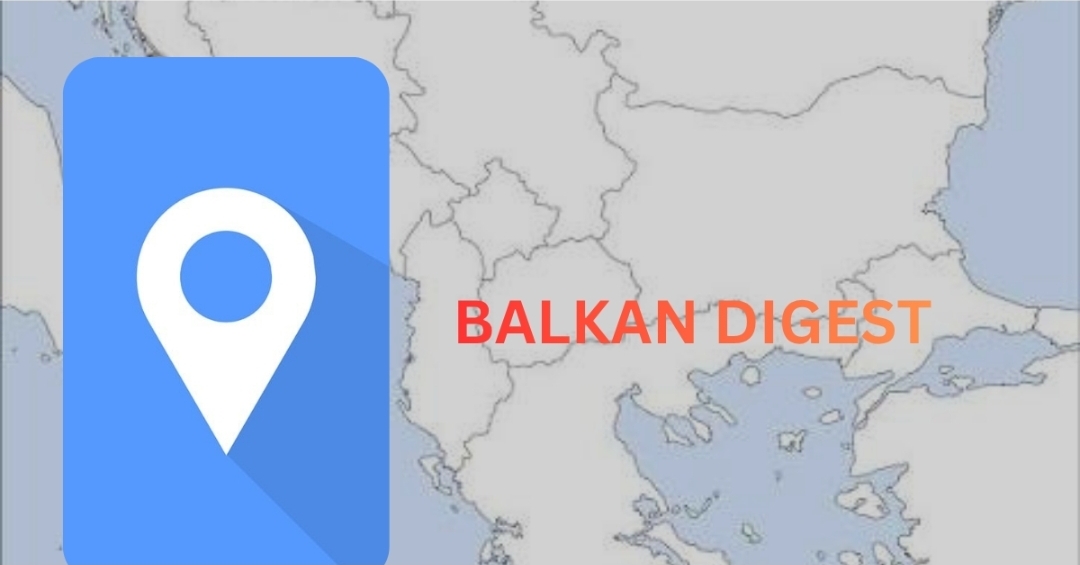By Dragan Danilovski
University Professor
In Skopje over the past few months (and years), we have been witnessing a situation that seriously calls into question the public health minimum of a modern city.
The public enterprise “Communal Hygiene” is practically non-functional, and piles of garbage have accumulated around dumpsters.
This scene is no longer just a matter of aesthetics or urban order — it is a matter of public health.
The situation culminated in a distressing incident: a child was bitten by a mouse in a schoolyard, near a pile of accumulated trash. [1]
This is no longer an isolated event, but a symptom of systemic collapse. It is only a matter of time before such negligence leads to the spread of disease.
The “miasma” in our capital — which I warned about as early as July 2023 (Facebook post from July 11, 2023) — has not disappeared, but deepened. [2]
The heaps of garbage have created ideal conditions for the growth and reproduction of mice and rats — known carriers of serious infectious diseases such as leptospirosis, hantavirus, and even bubonic plague.
These diseases are transmitted through the urine, feces, saliva, and fleas of rodents.
It is well known that rats reproduce at an exponential rate: in just 18 months, a single pair can produce more than one million offspring.
That is a biological fact. The exponential model assumes unlimited resources such as food, water, and space. That assumption, in Skopje, has been met!
The question is:
How many have bred so far, given that conditions are optimal and trash has been piling up for months (and years)?
The epidemiological risks in such conditions are real — and growing exponentially.
History reminds us that uncontrolled rodent infestations can have catastrophic consequences.
In the Middle Ages, between 1347 and 1352, the bubonic plague (“Black Death”) claimed between 75 and 200 million lives — nearly half of Europe’s population.
Of course, today we have modern medicine, public health systems, and antibiotics. But it would be irresponsible to allow a biological reservoir of infection to develop in the heart of the capital.
The biting of a child by a mouse in a schoolyard is a red line that should never have been crossed.
The Rubicon has been crossed. There is no turning back.
In medicine, there is an ethical principle — Primum non nocere (“first, do no harm”).
That principle must apply beyond medicine — to all professions and institutions that interact with citizens.
Organizational, political, or financial reasons become irrelevant when the health and safety of children and citizens are at stake.
What is needed is an urgent, coordinated intervention by all relevant institutions — if necessary, through the declaration of a state of emergency in parts of the city. Primarily for disinfection, disinsection, deratization, and the removal of risks to public health.
Once the danger has been neutralized, clear institutional accountability must follow.
Because the right to health is a constitutionally guaranteed right of every citizen.
(Photo: personal archive)
References:
1. Sitel: “Child bitten by mouse in Kapistec”
2. “Miasma,” Facebook post, July 11, 2023




